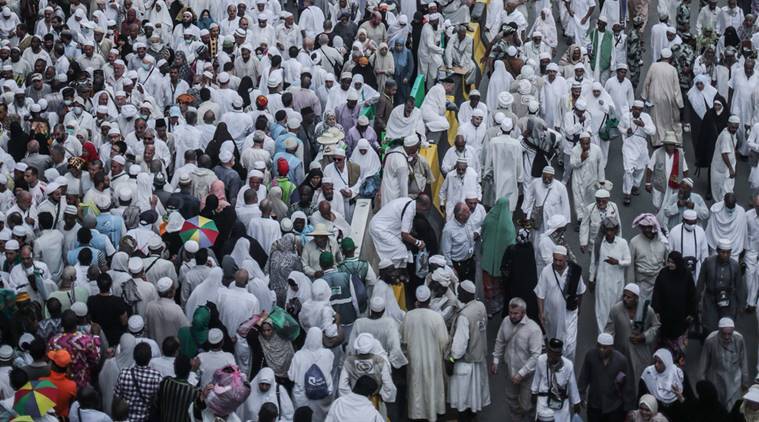The Lagos State Government has announced that pregnant women will not be allowed to participate in the 2025 Hajj pilgrimage, citing serious health and safety risks associated with the religious exercise.
Commissioner for Home Affairs, Olanrewaju Ibrahim Layode, disclosed this on Wednesday in Badagry, emphasizing that the physical demands of the Hajj could endanger the lives of expectant mothers.
He said the decision follows a directive from the National Hajj Commission of Nigeria (NAHCON), which advised all state Muslim Pilgrims’ Welfare Boards to avoid registering pregnant women.
NAHCON’s Commissioner for Planning, Research, Statistics, Information, and Library Services, Professor Abubakar Yagawal, reaffirmed this policy during a briefing on the commission’s preparations for the pilgrimage, including the setup of medical clinics in Makkah and Madinah and the ongoing distribution of Yellow Cards across states.
Commissioner Layode added that Lagos State is also acting on the instruction of Governor Babajide Sanwo-Olu, who has insisted that only medically fit pilgrims should be cleared for travel.
Speaking during the Eid-el-Fitr celebration held at the Lagos House, Marina, Governor Sanwo-Olu advised: “If you are not well, especially if you are pregnant, do not embark on the Hajj. Stay back and pray here in Nigeria.”
Layode further explained the physical intensity of the pilgrimage, noting that activities such as Tawaf (circumambulation of the Kaaba), the journey between Safa and Marwah, and travel between the holy cities are not suitable for pregnant women.
“Hajj is not a fashion show, nor is it about naming a child after a prophet just because they were born in Saudi Arabia,” he said.
The commissioner also disclosed that in past years, some women had gone to great lengths to conceal their pregnancies, including submitting their husbands’ urine samples during medical screenings.
To combat such practices, the state has introduced stricter screening procedures.
Mobile diagnostic vans equipped with tools to detect pregnancies and screen for diseases like tuberculosis will now be stationed at designated centres to ensure that only eligible and healthy pilgrims make the journey.
